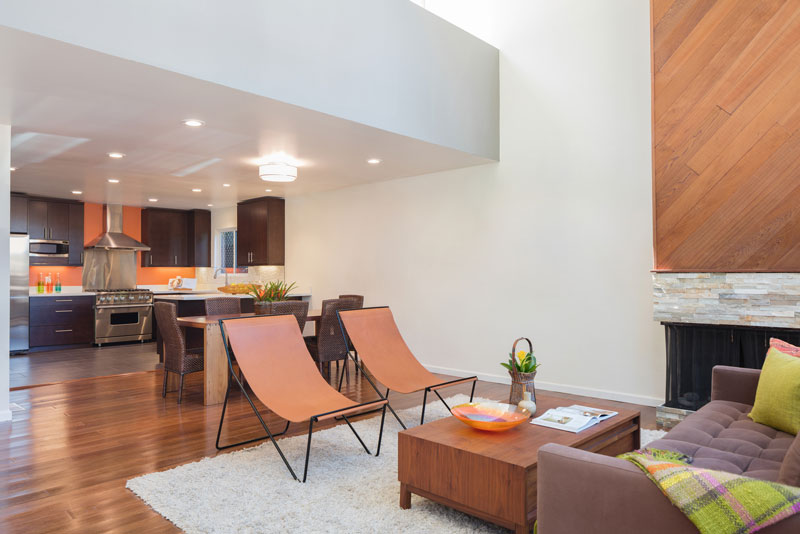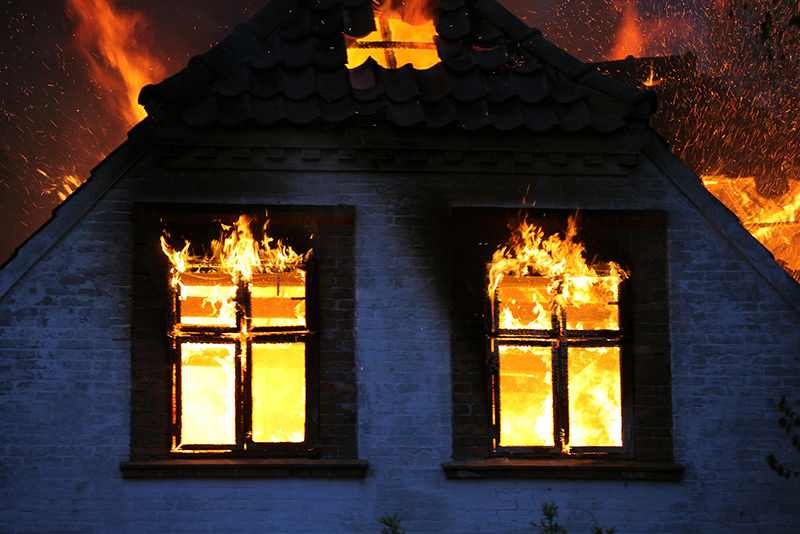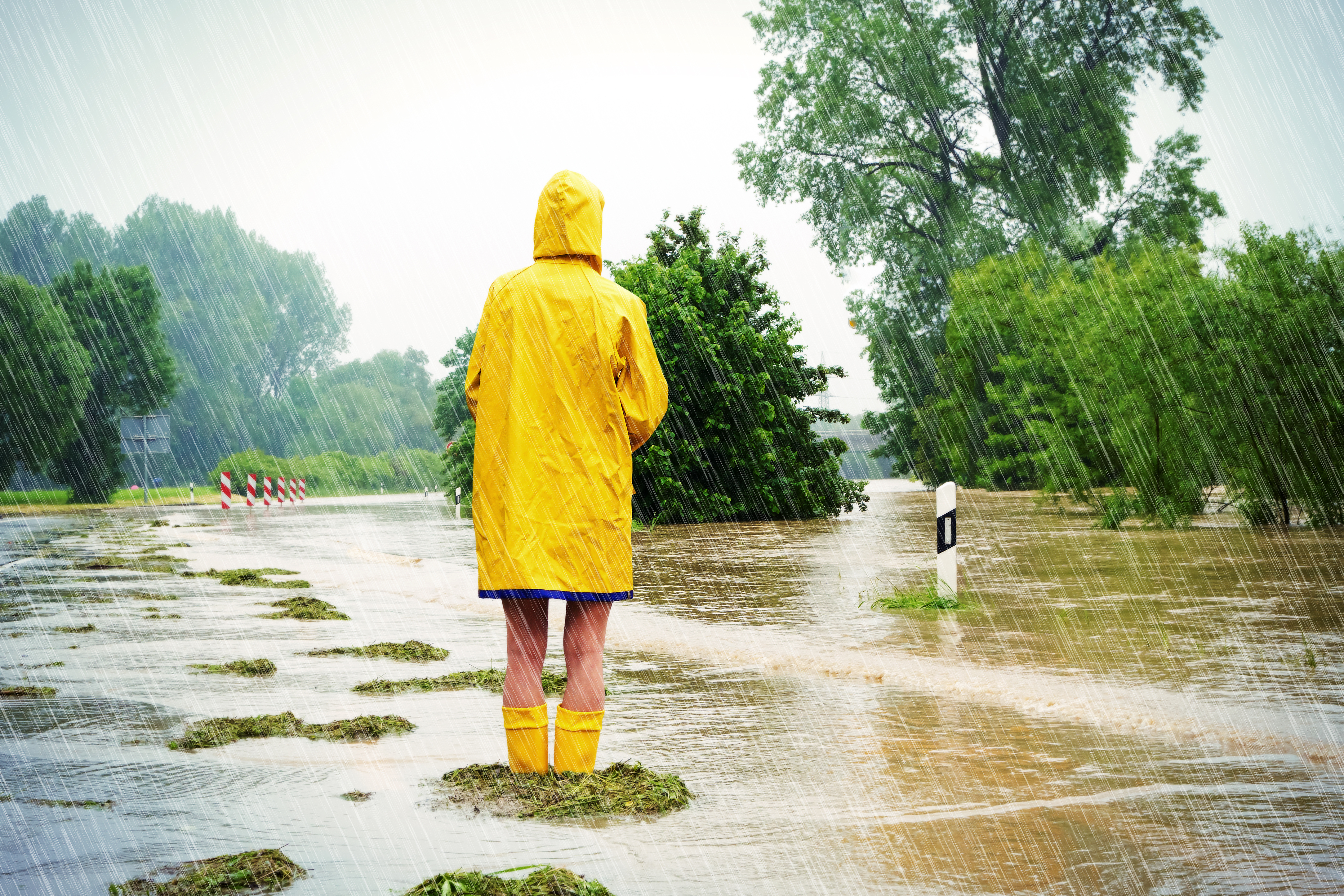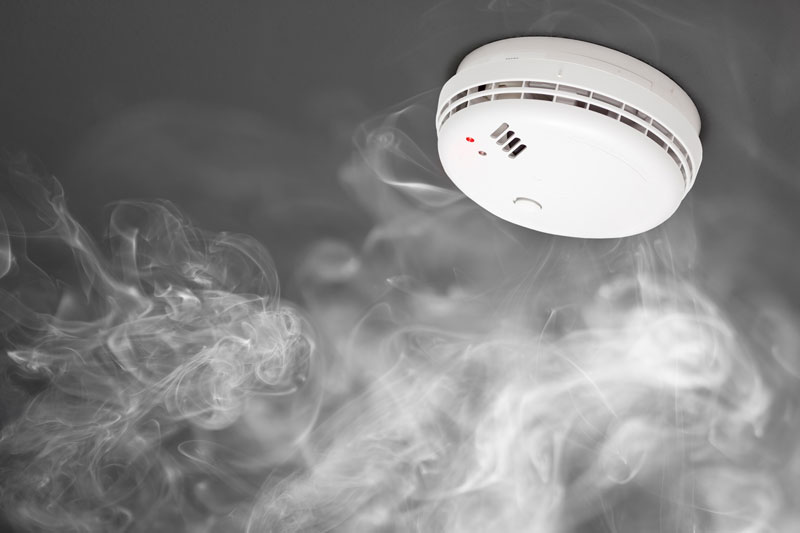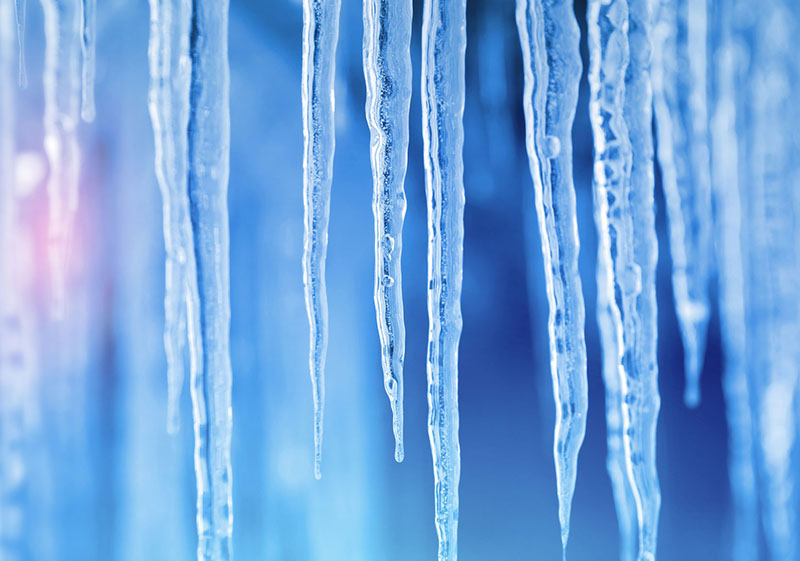
Home insurance is crucial to protect your property. But what affects the cost of this insurance?
Homeowners insurance may seem like a huge expense every month, but it’s something that no homeowner should go without! Certain factors can impact the cost of your homeowners insurance, meaning that there are some factors that you do have control over.
Here’s a look at some of the factors that figure into your premium.
The construction of your home. Homes made with more durable materials are less susceptible to damage and therefore generally cost less to insure.
The age of your home. If you bought an older house because of its vintage appeal, you may discover that enjoying its old-world charm on a daily basis comes with a hefty price. The main reason for this is that older homes are fitted with older, therefore generally less safe, electrical, plumbing, and cooling systems.
Your claims history. Just like with car insurance, the more claims you file, the higher your premiums soar. Be smart and you can potentially save a lot of money on premium rates while reserving your insurance claims for a time when you really need it.
Smokers as inhabitants. Smoking in the home raises the risk of a fire, which increases the cost of your insurance. Just one more reason to kick the habit!
Location: If your home is located in a zone where floods, earthquakes or other damage may occur, your premiums may be higher. If your home is near a fire station or hydrant, your home may be eligible for lower premiums.
Luckily, finding the right home insurance premium and coverage isn’t impossible. Contact the professionals at All Nevada Insurance, serving Las Vegas and neighboring cities in Nevada with quality homeowners insurance.
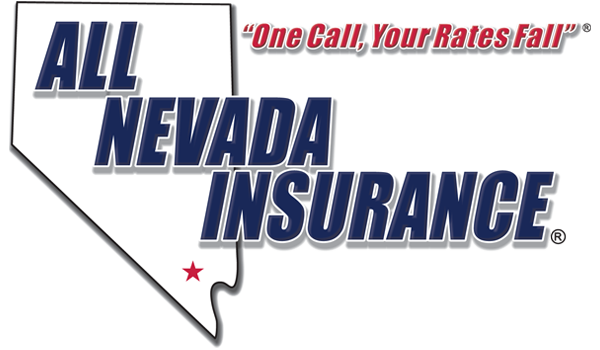

 Our Locations
Our Locations


